Establishing a global, neutral standard for trustworthy media.
Empowering citizens with a healthier information space by promoting transparency and reducing misinformation.
An initiative by:
Our impact in numbers
See how we’re driving transparency and trust in journalism worldwide.

Developed by
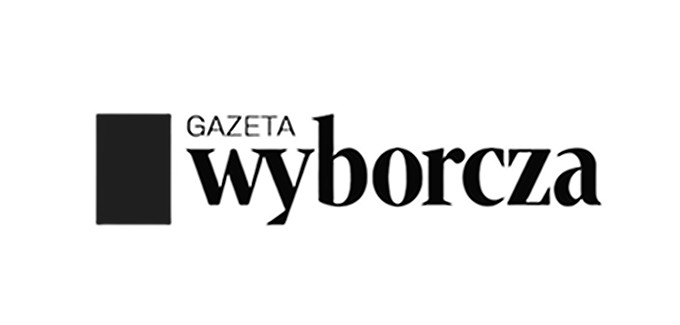
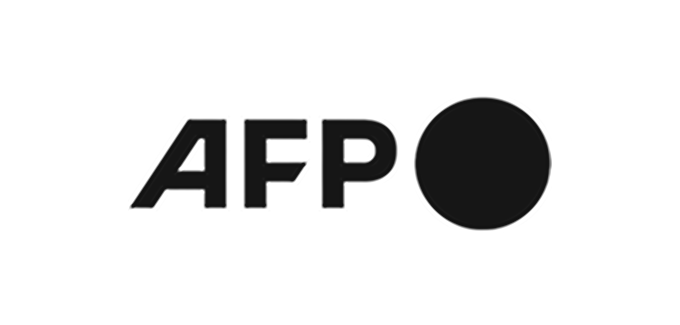
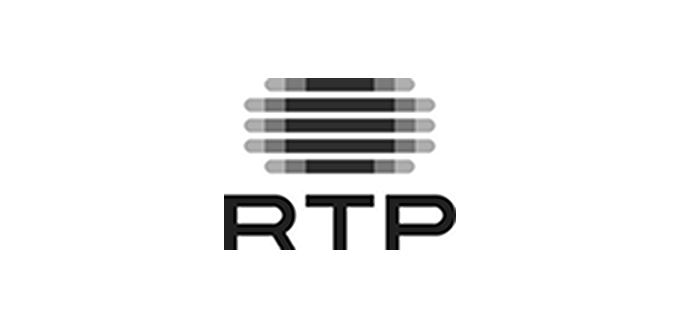
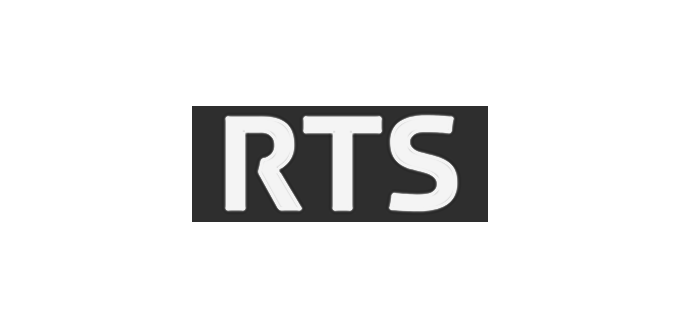
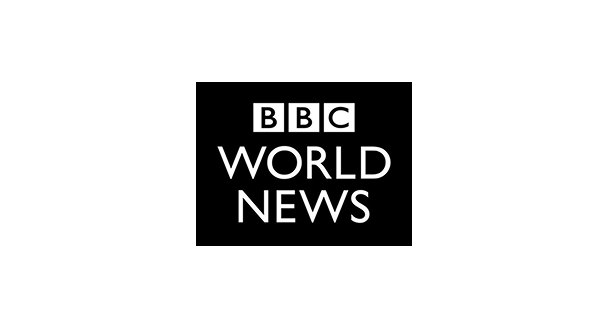
JTI standard requirements:
transparency and accountability.
An ISO-designed framework focused on transparency, professionalism, and reliable processes, ensuring credibility at every stage of journalism.
Editorial Processes
Clear and enforced editorial policies.
Managing Automated Content
Responsible handling of AI-generated content.
Ownership
Full disclosure of media owners and stakeholders.
Corrections Mechanism
Effective and transparent process.
Revenue Sources
Disclosure to assess and prevent potential conflicts of interests.
Sponsored Content
Practices to clearly distinguish them from editorial content.
How media outlets benefit from JTI Certification

01/ Improved visibility:
Certification favors outlets in algorithm indexation in Bing, enhancing their search engine presence.

02/ Public recognition:
The JTI badge on their website serves as tangible proof of their commitment to transparency and credibility.

03/ Enhanced transparency:
Demonstrating transparency to audiences and stakeholders strengthens trust and credibility.
Find Our Team at Events
At JTI, we believe in sharing our expertise and fostering dialogue on trustworthy journalism. You’ll find our team participating in events worldwide, from international conferences to local workshops, where we collaborate with media outlets, industry leaders, and stakeholders.
89 Days

WAN-IFRA's 77th World News Media Congress
Rising Voices. Emerging Risks. Inspiring Futures. WNMC26 is for editors, publishers, and media executives from around the globe to explore the bold ideas, technologies, and strategies reshaping the future of journalism and news media. All conference sessions are delivered in English, with complimentary AI-powered translation covering 50+ languages.
 June 1, 2026
June 1, 2026
 No data provided
No data provided
 Marseille, France
Marseille, France
34 Days

19th Assises du Journalisme
Vérité. Post vérité. Vérité alternative. Mensonges. Fake news. Guerre informationnelle. Quand la réalité des faits est niée. Systématiquement falsifiée. C’est le cœur du débat démocratique qui est en danger !
 April 7, 2026
April 7, 2026
 No data provided
No data provided
 Tours, France
Tours, France
-126 Days
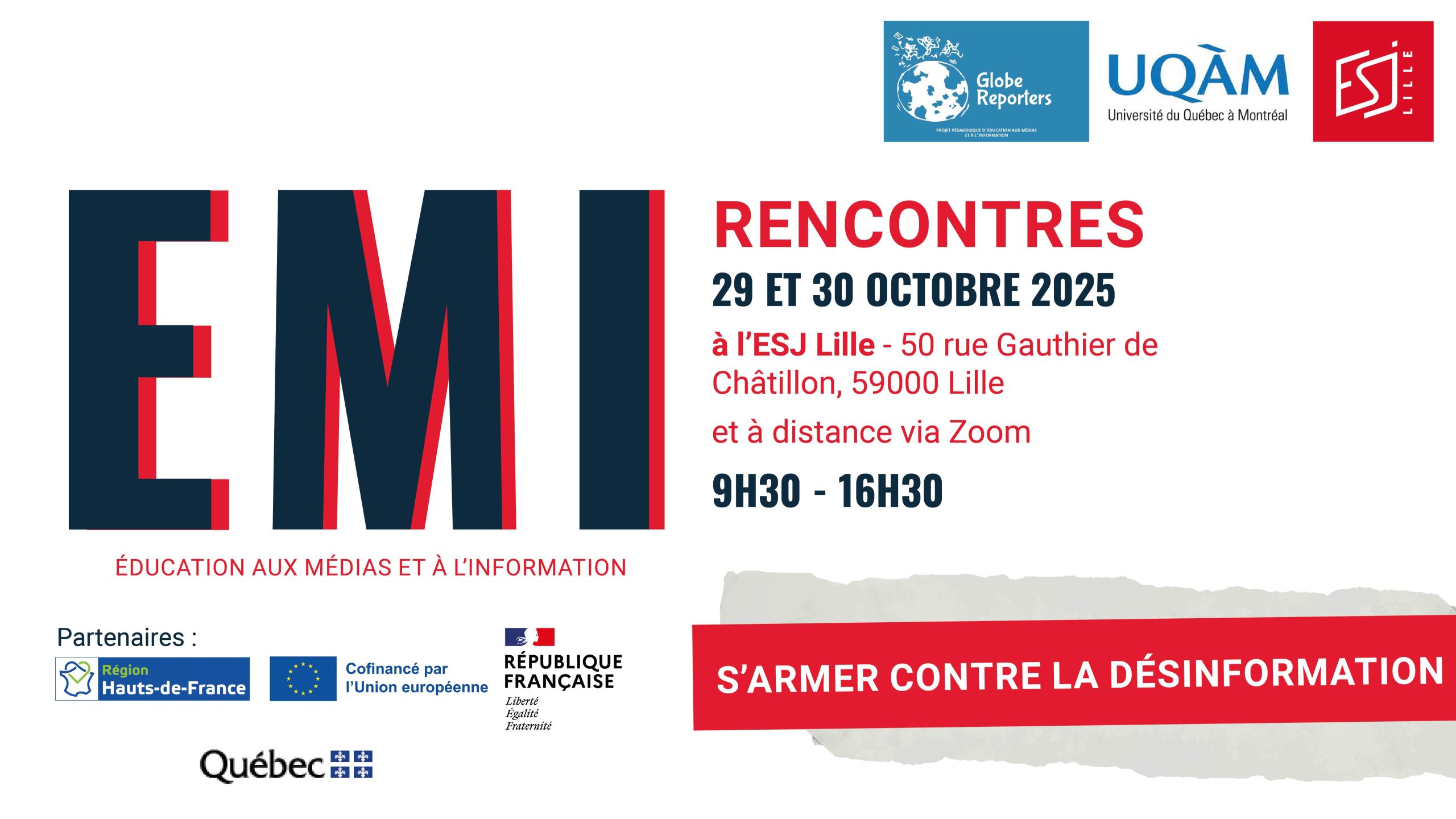
Les Rencontres de l'éducation aux médias et à l'information 2025
Depuis 2017, l’ESJ Lille organise en collaboration avec ses partenaires un temps fort d’échanges et de débat : les Rencontres de l’éducation aux médias et à l’information, aussi appelées les REMI. L’association Globe Reporters et l’UQAM (Université du Québec à Montréal) initient depuis quatre ans un Colloque transatlantique francophone de l’éducation aux médias. L’édition 2025 est l’occasion d’unir les deux événements à Lille, dans le cadre de la semaine mondiale de l’EMI de l’UNESCO organisée à Medellin (Colombie). Ces deux jours, gratuits et tout public, réuniront journalistes, universitaires, enseignant(e)s, associations autour des problématiques actuelles d’information, désinformation, impact de l’IA. Les interventions, tables rondes et ateliers permettront d’évoquer des projets innovants, les besoins de formation, de certification, présenteront des outils dans le but de construire, ensemble, une politique cohérente d’éducation aux médias au service des citoyen(ne)s et de la démocratie.
 October 29, 2025
October 29, 2025
 9h30-16h30
9h30-16h30
 Ecole supérieure de journalisme de Lille
Ecole supérieure de journalisme de Lille
-162 Days

Quand la tech bouscule nos démocraties
La Tech façonne désormais nos démocraties. À l’heure du numérique, l’intelligence artificielle influence nos opinions, parfois à notre insu. Accusées de propager des fake news, certaines IA alimentent la confusion, tandis que les réseaux sociaux deviennent des terrains fertiles pour la désinformation, comme l’ont montré les cas récents au Canada ou en Pologne. Les plus vulnérables, notamment les seniors, sont les cibles privilégiées des « boomer traps ». Même les emojis peuvent véhiculer des messages politiques codés. Mais ce paysage n’est pas entièrement sombre : des solutions émergent pour une Tech plus responsable et éthique, capable de renforcer les processus démocratiques. Cette conférence explore ces tensions entre manipulation et progrès, pour mieux comprendre les risques et dessiner ensemble un avenir numérique plus éclairé. Avec : - Gilles BABINET, Président et entrepreneur, Mission Café IA - Bruno BRETON, CEO, BLOOM - Lionel CHAINE, Directeur systèmes d'information, Bpifrance - Elisabeth MORENO, Présidente du conseil d'administration, Ring Capital - Benjamin SABBAH, Directeur Journalism Trust Initiative, Reporters sans frontières
 September 23, 2025
September 23, 2025
 11:30 - 12:30 AM CEST
11:30 - 12:30 AM CEST
 Paris, France
Paris, France
-161 Days

AIPCE 2025
Under the title “Do Press Councils Have a Future?”, the 26th annual conference of the Alliance of Independent Press Councils of Europe (AIPCE) will be held in Montenegro on 25 and 26 September, 2025. This annual gathering of European press and media councils, which takes place in a different European country every year, will be, for the first time, organized in one of the Western Balkan countries. The AIPCE annual conference represents a unique opportunity for the exchange of experiences, challenges, and best practices among press councils from across Europe, as well as self-regulatory bodies from other continents, which participate in these conferences as observers. This year, the central theme will focus on the survival, role, and future of press councils in the digital age, particularly in the context of the implementation of the new European Media Freedom Act. In addition to this central panel, the two-day program will include various discussions on numerous issues burdening the work of self-regulatory bodies, including political and economic pressures, the spread of disinformation, society polarization, and the growing presence of unprofessional media actors in the public sphere.
 September 24, 2025
September 24, 2025
 No data provided
No data provided
 Bečići, Budva, Montenegro
Bečići, Budva, Montenegro
-221 Days

Gabo Festival 2025 – Fundación Gabo
Hosted by Reporters Without Borders (RSF), this workshop is designed for media outlets looking to enhance their practices by adopting international standards in: organizational transparency, editorial rigor, journalist safety and well-being, information processes and workflows. Participants will have the opportunity to begin the JTI certification process, the first international quality standard for media, supported by the European Union.
 July 26, 2025
July 26, 2025
 10:00 AM
10:00 AM
 Centro del Felicidad de Chapinero, Bogotá
Centro del Felicidad de Chapinero, Bogotá
-225 Days

Transform Africa Summit 2025
JTI will take part in the 7th edition of the Transform Africa Summit, the leading forum dedicated to digital transformation in Africa, taking place from July 22 to 24, 2025, at the Kigali Convention Centre in Rwanda.
 July 22, 2025
July 22, 2025
 No data provided
No data provided
 Kigali, Rwanda
Kigali, Rwanda
-239 Days

Le journalisme fiable et de qualité, condition de la vie démocratique : rencontre avec RSF
Plus que jamais le droit des citoyens à disposer d’une information fiable et pluraliste est un enjeu majeur pour les démocraties. A l’heure des fake news, des manipulations d’Etat ou du détournement des contenus vers des intérêts privés, la menace ne cesse de grandir sur le droit à être informé. Ce webinaire se propose d’examiner en commun les réponses à apporter pour la défense d’une information de qualité. L’accès à celle-ci fait partie des objectifs de la cinquantaine d’investisseurs à impact, à l’initiative du plaidoyer « S’engager pour l’impact social » publié en février dernier par GSG France for Impact Finance qui regroupe le FIR, FAIR et France Invest. Le Forum pour l'Investissement Responsable (FIR) recevra Benjamin Sabbah de RSF (Reporters sans frontières), directeur de la Journalism Trust Initiative (JTI) ainsi que des représentants de groupes de presse parmi lesquels France TV ou le groupe Ebra. Le débat, animé par Grégoire Cousté, délégué général du FIR et Pascale Thumerelle, fondatrice de Respethica, autrice de Réchauffement des esprits | Actes Sud, inscrira cette initiative dans la perspective de l’investissement responsable.
 July 8, 2025
July 8, 2025
 11:30 AM–1:00 PM
11:30 AM–1:00 PM
 Paris, France
Paris, France
3 steps to achieve JTI
Self-assessment
Use the JTI application to assess your organization, address key findings, and identify areas for improvement.

01

Public Disclosure
Share your results in a transparent report, making them publicly accessible for accountability and credibility.

02

Certification
Undergo an independent audit to receive official certification of your compliance with JTI standards.

03
Start your JTI Certification now and gain global recognition!

Inside the Newsroom
What Our Partners Have to Say.

Strengthening Media Integrity: A Conversation with Chloé Fiodière of JTI

Ensuring Transparency in Journalism: Konde’s Journey with JTI

Enhancing Media Transparency: Deloitte’s Role in JTI Certification
Got questions before you begin?
Let us assist you.
"*" indicates required fields

